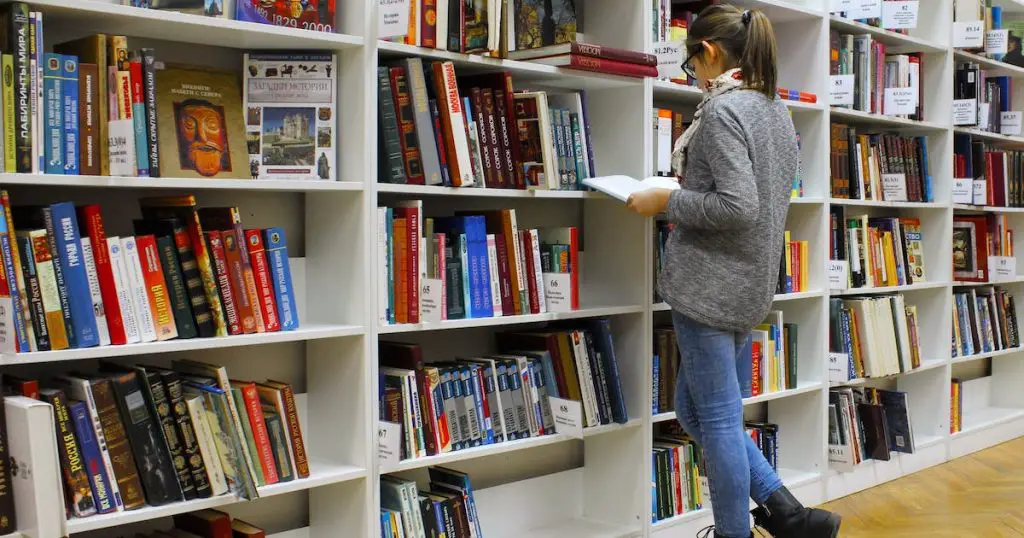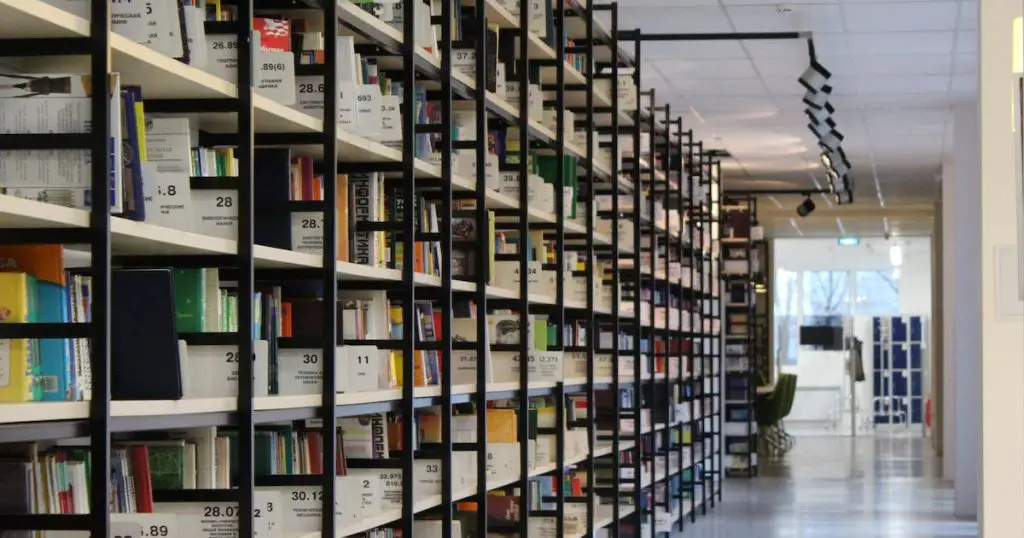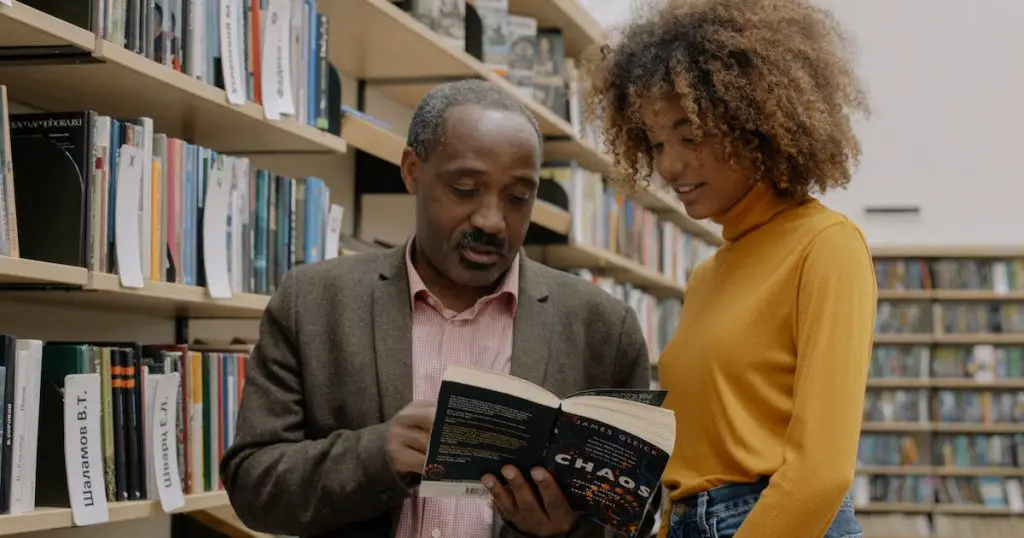Choosing between private and public schools in Prescott is a decision that goes beyond mere academic concerns; it shapes the intellectual, social, and ethical foundation of our children. In a town like Prescott, where the educational landscape offers diverse options, understanding the intricacies of each school type is crucial for parents and educators alike.
This comprehensive exploration will dive into the histories, philosophies, resources, and outcomes of both private and public schools, providing a detailed comparison to guide informed decisions.

Here, we’ll unveil the layers of this critical choice, highlighting the unique strengths and challenges that define Prescott’s educational environment.
Public Schools in Prescott: The Bedrock of Community Education
Public schools in Prescott have long been the cornerstone of the community’s educational system. They stand as testaments to a commitment towards inclusive and accessible education for all.
From their historical roots to their current state, these institutions reflect the evolving needs and demographics of the town.
History and Evolution
The history of public schools in Prescott is rich and storied, marked by a journey of growth and adaptation. Starting from humble one-room schoolhouses to the present-day sprawling campuses, these schools have witnessed transformations in curriculum, teaching methodologies, and student demographics.
This evolution mirrors broader educational trends, emphasizing a more holistic approach to learning, where academic prowess is balanced with extracurricular excellence.
Public schools in Prescott have also played a pivotal role in fostering community values. They have been the melting pot of cultures, bringing together students from various backgrounds, and shaping a generation of individuals well-versed in diversity and inclusivity.
The impact of these institutions extends beyond classrooms, deeply ingraining themselves into the fabric of Prescott’s society.
Funding and Resource Allocation
Funding is a critical aspect that shapes the capabilities and limitations of public schools in Prescott. Relying heavily on government allocations, these schools often navigate the challenges of budget constraints. The funding received directly impacts the quality of infrastructure, availability of educational resources, and the breadth of programs offered.
The allocation of these resources is a subject of intense scrutiny and debate. Ensuring an equitable distribution to cater to a wide array of needs, from special education to advanced sciences, is a balancing act.
Public schools strive to provide a comprehensive education, but they often face hurdles in meeting the diverse requirements of their students, necessitating careful planning and prioritization.
Curriculum and Academic Standards
In Prescott’s public schools, the curriculum is governed by state-regulated standards, ensuring a baseline of educational quality. This framework guarantees that students across different public schools receive a consistent level of education, covering essential academic domains.
However, the implementation of this curriculum can vary significantly. Schools often have the autonomy to tailor the state guidelines to their local context, allowing for a degree of creativity and innovation in teaching.
This flexibility enables educators to address the specific needs and interests of their students, fostering a more engaging and relevant learning experience.
Demographics and Diversity
The student population in Prescott’s public schools is a microcosm of the town itself, showcasing a rich tapestry of cultures, backgrounds, and experiences. These schools often become hubs of cultural exchange and social learning, preparing students for a globalized world.
Embracing diversity in the classroom has its challenges, but it also offers unparalleled opportunities for inclusive education. Public schools in Prescott are constantly evolving their practices to ensure that every student, regardless of their background, feels valued and included.
This effort towards inclusivity not only enhances the learning environment but also instills a sense of community and empathy among students.
Extracurricular Activities and Facilities
Public schools in Prescott are known for their robust extracurricular programs, ranging from sports to the arts. These activities are vital in providing a well-rounded education, allowing students to explore their interests beyond the traditional academic curriculum.

Sports programs in public schools offer a range of activities, fostering teamwork and physical health. Similarly, arts and cultural offerings provide creative outlets and a chance to develop new skills. These programs are essential in nurturing the holistic development of students, equipping them with diverse skills and interests.
Teacher Qualifications and Staffing
The quality of education in any school significantly depends on the qualifications and dedication of its teachers. Public schools in Prescott pride themselves on a staff of highly qualified educators who are not just knowledgeable in their subject areas but are also passionate about teaching.
The hiring process for teachers in public schools is stringent, ensuring that only the most capable and motivated individuals join the educational ranks.
Additionally, these schools invest in professional development, keeping their staff updated with the latest pedagogical trends and techniques. This commitment to continuous learning is what keeps the quality of teaching high in public schools.
Challenges and Opportunities
While public schools in Prescott offer numerous benefits, they also face several challenges. Overcrowding in classrooms can sometimes impede personalized learning, and budget constraints may limit the availability of certain programs or resources.
Despite these challenges, public schools continually find innovative ways to enhance their offerings and overcome obstacles. Embracing technology, forging community partnerships, and exploring new educational models are just some ways these schools are adapting to an ever-changing educational landscape.
Private Schools in Prescott: A Tradition of Excellence and Diversity
Private schools in Prescott offer an alternative to the public education system, known for their distinctive educational philosophies, smaller class sizes, and often, a focus on specialized curriculums.
These institutions cater to families seeking a more tailored educational experience for their children.
Historical Perspective
The history of private schools in Prescott is as varied as the schools themselves. Many were founded with the aim of providing an education grounded in specific religious or philosophical principles. Over the years, these schools have evolved, often expanding their educational offerings and diversifying their student bodies, while still maintaining their core values and missions.
This evolution reflects a broader trend in private education, where schools continually adapt to meet the changing needs of students and the demands of a modern education. Despite their varied histories, a common thread among private schools in Prescott is their commitment to providing a high-quality, personalized educational experience.
Funding and Tuition
Unlike public schools, private schools in Prescott are primarily funded through tuition fees paid by families. This financial model means that these schools are often able to offer facilities and programs that might not be available in the public sector. However, it also means that accessibility can be a challenge for some families.
To address this, many private schools in Prescott offer scholarships and financial aid, making it possible for a wider range of students to attend. This commitment to financial accessibility helps to ensure that private education is not solely the domain of the affluent, but is an option for a diverse array of families.
Curriculum and Academic Excellence
Private schools in Prescott are known for their rigorous academic programs. With the freedom to design their own curriculums, these schools often offer specialized courses and advanced study options not typically available in public schools.
This academic freedom allows private schools to tailor their teaching to the needs and interests of their student bodies, providing a deeply engaging and enriching educational experience.
Moreover, many private schools place a strong emphasis on preparing students for higher education, with a significant number of graduates going on to attend prestigious colleges and universities. This focus on academic excellence is one of the key factors that draw families to private education.
Student Demographics and School Culture
Private schools in Prescott are often characterized by their unique school cultures, which are shaped by their student demographics, educational philosophies, and community values. These schools tend to have smaller student bodies than public schools, which can foster a more intimate and supportive educational environment.
While private schools may have the reputation of being less diverse than public schools, many are actively working to increase their inclusivity and to reflect the broader demographics of the Prescott community. This effort towards diversity not only enriches the educational experience for all students but also prepares them to thrive in a diverse world.
Extracurriculars and Special Programs
Extracurricular activities and special programs are a hallmark of private education in Prescott. These schools often offer a wide range of options, from elite sports teams to arts and music programs, as well as unique opportunities like study abroad programs and internships.
These extracurricular offerings are not just about skill development; they’re also about personal growth and exploration. They provide students with the opportunity to discover new passions, develop leadership skills, and build a sense of community outside the classroom.
Faculty and Staff
The faculty and staff at private schools in Prescott are a key part of what makes these institutions special. With smaller class sizes, teachers at private schools often have more time to devote to individual students, allowing for a more personalized educational experience.
Additionally, private schools typically attract highly qualified and experienced educators, who are drawn to the autonomy and creative freedom that these schools offer. This results in a teaching environment that is both dynamic and nurturing, helping students to achieve their full potential.
Academic Outcomes: Private vs. Public
One of the most frequently discussed aspects of the private versus public school debate is academic outcomes. Studies have shown varying results, often dependent on numerous factors including student backgrounds, resources available, and teaching methodologies.
Public schools in Prescott offer a standardized curriculum, which can ensure a consistent quality of education across different schools. However, private schools often have the flexibility to offer specialized programs and advanced courses, which can lead to higher academic achievements in certain areas.
Social and Cultural Impact
The social and cultural environment of a school can significantly influence a child’s development. Public schools in Prescott are known for their diverse student populations, which can provide a rich environment for developing social skills and cultural awareness.

Private schools, on the other hand, often offer smaller, more close-knit communities. While they may not have the same level of diversity as public schools, many private institutions place a strong emphasis on global awareness and cultural sensitivity.
Long-term Benefits: Alumni Success
The long-term success of students, in terms of college admissions and career prospects, is another factor to consider. Private schools in Prescott often boast high college matriculation rates, with many alumni going on to attend prestigious universities.
Public schools also have successful alumni, with many graduates achieving significant accomplishments in various fields.
Parental Involvement and Community Engagement
Parental involvement and community engagement are crucial in shaping a school’s environment and the success of its students. Public schools often have a broader base of community involvement, which can enrich the educational experience.
Private schools typically offer more direct and individualized channels for parental involvement, which can be appealing to families seeking a more hands-on role in their child’s education.
Accessibility and Inclusivity
Finally, the accessibility and inclusivity of schools are essential considerations. Public schools are designed to be accessible to all students in the community, regardless of their socioeconomic background.
Private schools, while sometimes perceived as exclusive, often strive to increase their accessibility through scholarships and financial aid programs.
FAQs
Before concluding, it’s helpful to address some common questions that families might have when considering private versus public schools in Prescott.
What are the primary differences between private and public schools in Prescott?
Private schools often have smaller class sizes, more specialized curriculums, and rely on tuition fees. Public schools are funded by the government and are more diverse in terms of student population.
How do tuition costs compare between private and public schools?
Public schools are free to attend, while private schools charge tuition. However, many private schools offer financial aid and scholarships.
What are the unique benefits of each school type?
Public schools offer a diverse environment and a broad range of programs. Private schools often provide more specialized education and smaller class sizes.
How do I decide which school is best for my child?
Consider your child’s academic and extracurricular needs, your financial situation, and the school’s cultural environment.
What resources are available for further information?
Local education boards, school websites, and community forums can provide more detailed information about specific schools in Prescott.
Conclusion
Choosing between private and public schools in Prescott is a decision that involves careful consideration of various factors. Whether it’s the diverse, community-focused environment of public schools or the specialized, intimate setting of private schools, each offers unique benefits.
Ultimately, the best choice depends on the individual needs of the child and the values of the family.
This guide aims to provide a comprehensive overview to assist in making this important decision, empowering parents with the knowledge and insights needed to choose the right path for their child’s education.



Leave a Comment
You must be logged in to post a comment.